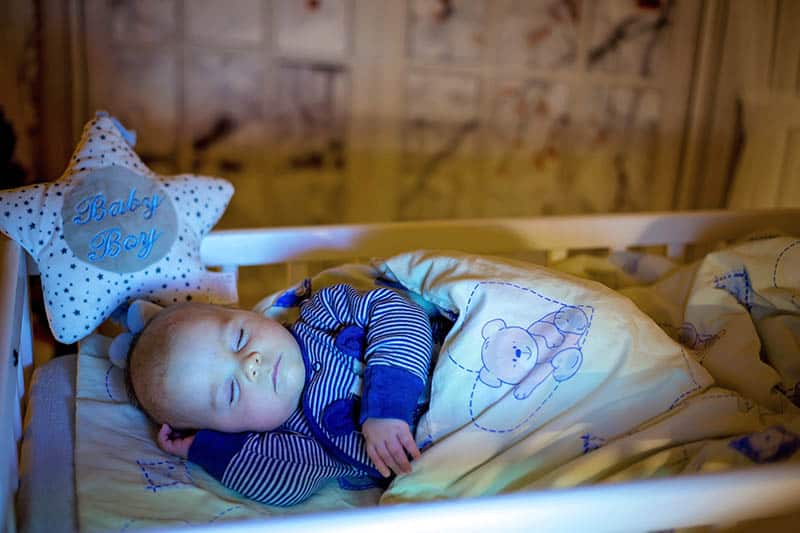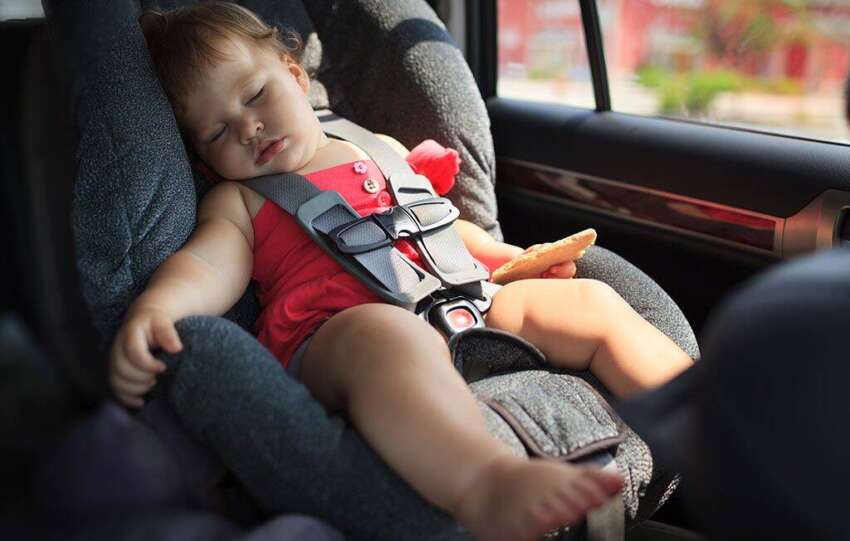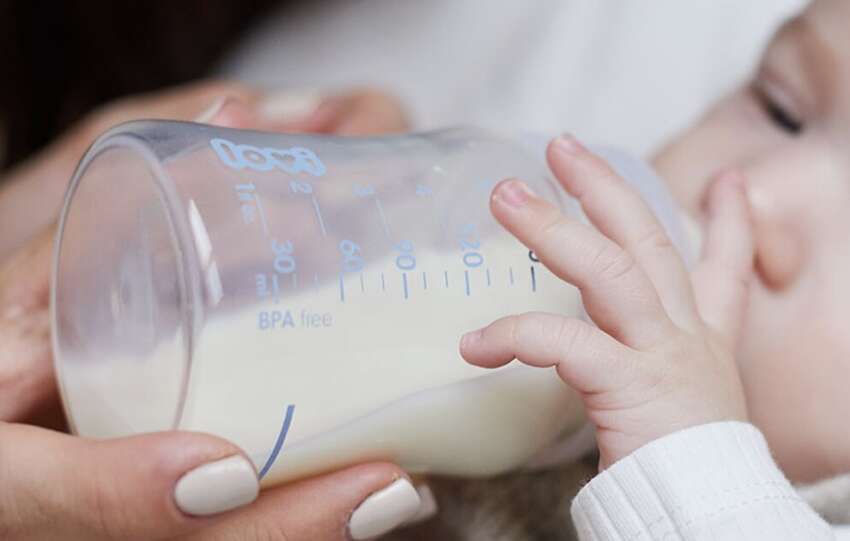When it comes to the sleeping patterns and dreams of babies, many parents wonder if their little ones experience nightmares. As adults, we know the feeling of being jolted awake by a frightening dream, but do babies go through the same thing? Let’s explore this fascinating topic and take a look into the different stages of a baby’s development to see if nightmares are a part of their nighttime experiences.
Do Babies Have Nightmares at 2 Months?
At the tender age of two months, babies are still adjusting to the world around them. Their sleep patterns are largely dominated by cycles of light and deep sleep. While they are not known to have vivid nightmares at this stage, they can occasionally startle or cry during sleep due to simple stimuli like a loud noise or a change in their environment.
Do Babies Have Nightmares at 3 Months?
By three months, babies begin to show more distinct sleep patterns. They spend more time in deep sleep and start to dream. However, nightmares as we commonly understand them are less likely to occur. Their dreams are often influenced by their daily experiences, and any emotional content is usually minimal.
Do Babies Have Nightmares at 4 Months?
Around four months of age, babies go through a significant sleep milestone known as the “four-month sleep regression.” During this time, their sleep patterns become more adult-like, and they may experience more vivid dreams. Although nightmares can occur, they are still relatively rare and often not as intense as those experienced by older children or adults.
Do Babies Have Nightmares at 5 Months?
As babies reach five months of age, their brains continue to develop, and their sleep cycles become more stable. They spend longer periods in both light and deep sleep. While it is possible for babies to have occasional nightmares, they are still not a regular occurrence at this stage.
Do Babies Have Nightmares at 6 Months?
At six months old, babies are becoming more interactive and responsive to their surroundings. They may start to have dreams that reflect their daily experiences and emotions. However, it’s important to note that nightmares are still relatively uncommon at this age.
Do Babies Have Nightmares at 7 Months?
By seven months, babies’ cognitive abilities and emotional awareness are expanding. They are more attuned to their caregivers’ expressions and can start to experience stronger emotions themselves. While nightmares can happen, they are still not a consistent part of their sleep routine.
Do Babies Have Nightmares at 8 Months?
As babies reach eight months of age, their dreams become more complex and reflective of their growing awareness of the world. They may have dreams related to separation anxiety, new environments, or changes in routine. However, nightmares remain infrequent.
Do Babies Have Nightmares at 9 Months?
At nine months old, babies are rapidly developing their motor skills and exploring their environment. Dreams may include scenarios related to their newfound abilities, but again, nightmares are not a prominent feature during this stage.
Do Babies Have Nightmares at 10 Months?
When babies reach ten months of age, they are often more mobile and independent. Dreams may involve elements of separation, fear of strangers, or other experiences that impact their daily lives. However, nightmares are still relatively uncommon.
Do Babies Have Nightmares at 15 Months?
By fifteen months, babies have transitioned into toddlerhood, and their dreams become more sophisticated. They may have dreams related to their expanding imagination, social interactions, or fears that arise during this stage of development. While nightmares can occur, they are still not a regular part of their sleep experiences.
Conclusion
In conclusion, while babies can experience unsettled sleep or startled responses, nightmares are not a common occurrence in the early months of life. As their brains develop and their awareness of the world increases, dreams become more complex and may occasionally include unsettling elements. However, it’s important to remember that every baby is unique, and sleep experiences can vary. Providing a safe and comforting sleep environment for your little one is the best way to support their healthy development and peaceful nights of sleep.





